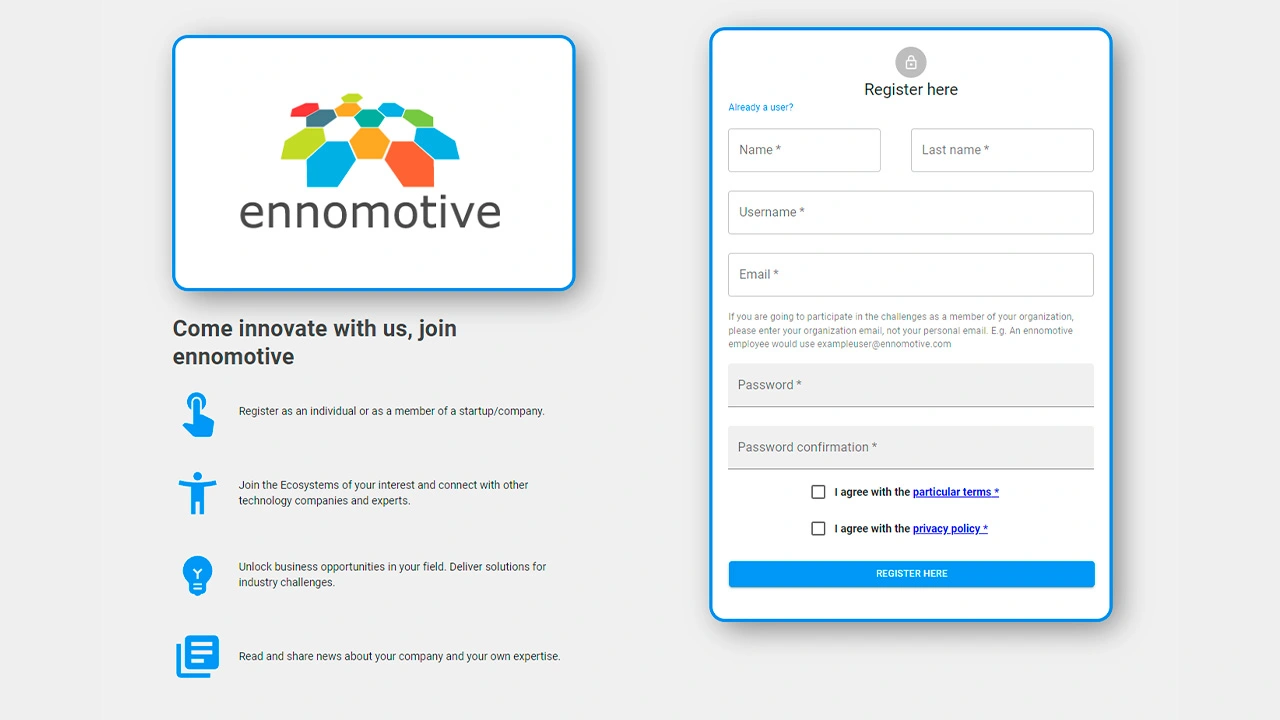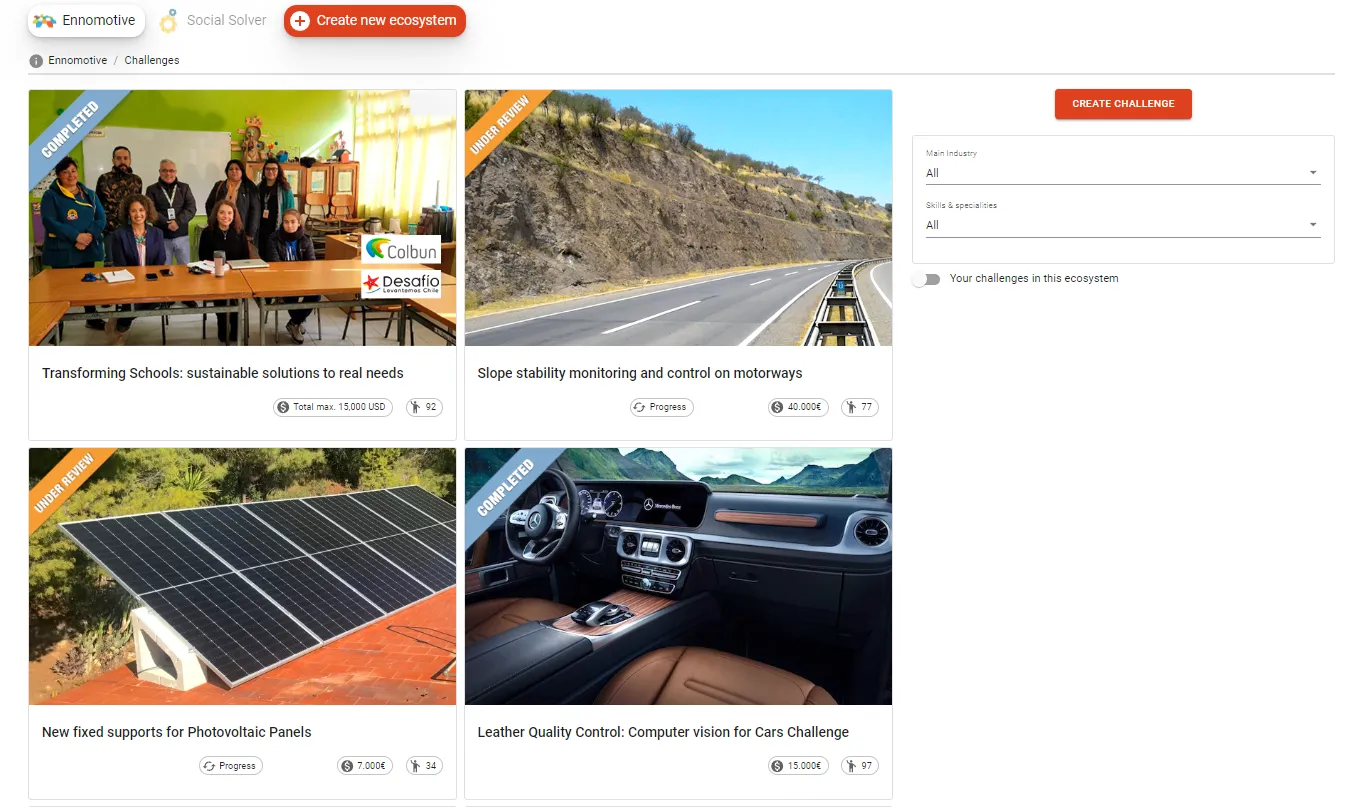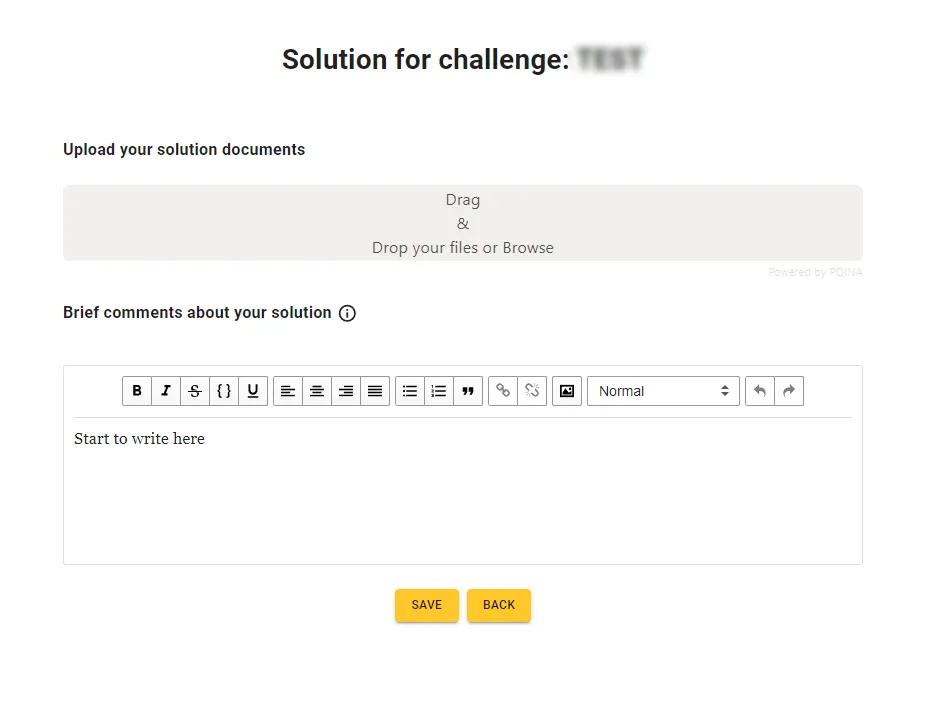Background
Since 1981, Fundación Ayuda en Acción (AeA) has been working to improve the quality of life for vulnerable communities, defend the rights of marginalized migrant population, and build a more just and supportive world. In Latin America, AeA operate in countries such as Mexico, Guatemala, Honduras, El Salvador, Nicaragua, Costa Rica, Colombia, and Ecuador.
In Nicaragua, many rural areas face serious challenges: poverty, inequality, and lack of access to decent jobs. Digital exclusion, poor infrastructure, and limited access to education and basic services continue to hold back many communities.
In response, AeA collaborates with rural cooperatives in the coffee, honey, grains, and dairy sectors, supporting their production, organization, and commercial capacities. They provide technical assistance, access to inputs, training, and seed capital to promote inclusive and sustainable rural development.
In the Madriz region—one of the most vulnerable areas within Nicaragua’s Dry Corridor—Ayuda en Acción works with local dairy cooperatives such as COLARPA and COSERVIAPEC, located in the municipalities of Palacagüina and Telpaneca. These cooperatives consist of 12 to 23 members, the majority of whom are women leading both production and processing activities. In this area, approximately 50% of the population lives in extreme poverty, relying primarily on subsistence farming and small-scale livestock production for their livelihoods.
For over four years, AeA has supported 186 cooperative members, strengthening their autonomy, economic participation, and capacity to adapt to changing conditions.
The challenge
These cooperatives bring together small-scale dairy producers, especially women who manage milk processing into yogurt, cheese, and cream, following quality and safety standards.
Producers deliver their milk to the plant, where batches are recorded to ensure traceability. Products are then sold locally based on demand.
However, most cooperatives face major challenges in adopting digital tools that could improve operations and access to markets. These include:
1. Low connectivity: Internet is often unreliable and requires frequent mobile top-ups.
2. Limited devices: Most members use basic phones. For example, COSERVIAPEC only has smartphones in the central office and one tablet in the processing plant.
3. Low digital literacy: Many older members have little digital or technical training, though they are motivated to learn. They often struggle with data analysis, marketing, and using new technologies.
4. Weak digital marketing and communication: Most use WhatsApp or Facebook but lack dedicated staff or websites for online promotion.
- For example: Facebook page of COSERVIAPEC: https://es-es.facebook.com/people/Lacteos-Lirios-Cooserviapec-RL/100066282500946/?sk=photos
What we are looking for
The digital solution should work well in rural, low-connectivity environments and be usable by people with limited digital skills. It can include all or some of the following:
1. Production Registration: Record milk deliveries (volume, quality, date) by producer.
2. Batch Mixing: Track mixes from multiple producers while maintaining traceability.
3. Transformation: Track milk processed into cheese, yogurt, or other products.
4. Inventory: Manage stock of all final products.
5. Sales: Allow clients to order through a virtual store.
6. Distribution and Confirmation: Confirm deliveries with customers.
7. Payments: Calculate earnings for each producer based on their input and manage advance payments (optional).
8. Reports: Analyze data on production, sales, and transformation to improve decision-making.
See the attached “Annex 1 - Use Case” and “Annex 2 - Technical Specifications” for more detailed information.
This solution should be designed for current needs, but also scalable to other cooperatives and rural value chains (e.g. coffee, honey, cacao). It has the potential to benefit over 140,000 small dairy producers in Nicaragua.
We are looking for partners who go beyond providing a technical solution (teams or individuals with a clear vision, strong commitment, and values aligned with ours), who are willing to collaborate not only in developing the solution but also in implementing it on the ground, securing resources, and scaling its impact over time.
Evaluation criteria:
- Affordable: Low-cost to build, run, and maintain.
- Simple: Easy to use, minimal and intuitive design.
- Durable: Designed for tough environmets and conditions.
- Local: Can be built, managed, or supported by local teams.
- Adaptable: Leveraging current products, services and processes.
- Mobile: effective connectivity and instrumentation.
- Human-centered: Empathize, utilize local experience and identify value creation.
This is a single round challenge with the following deliverables:
Please send a PDF of the technical proposal including:
1. System overview
- Technologies used (frontend, backend, database, hosting).
- Strategy for accessibility and ease of use.
- Scalability and long-term sustainability.
2. UI/UX design
Mockups or interactive prototype.
Main screens, user flow, mobile adaptation.
3. Offline functionality
How the tool works without internet.
How and when data will sync.
4. Security and data management
Authentication, storage, and handling of sensitive information (e.g., producer data).
5. Development Plan
Timeline and phases (MVP, iterations, testing, rollout).
Resources and milestones.
6. Budget
Estimated total cost (development, hosting, maintenance, updates, support). As a reference, an indicative budget of $10,000 USD has been established, though proposals with higher amounts will be accepted if the complexity of the solution justifies it.
7. Team Experience
Examples of similar projects and team background.
It is necessary to include all deliverables for proper evaluation. Please refer to the annex “Technical Specifications.pdf”.
You may also attach supporting files (e.g., code samples, diagrams, videos) in a ZIP.
Timeline:
Single round – 9 weeks for submission (July 24th, 2025) + 5 weeks for evaluation
-------------------- Particular Terms and Conditions ----------------------------
Confidentiality – N/A
Intellectual property –
You understand, acknowledge, and agree that Ayuda en Acción and the Challenger (the creator of the challenge) will have access to your solution. You also understand, acknowledge, and agree that other solvers may have developed or may develop content that is similar or identical to your solution in concept, theme, idea, format, or other aspects. If your solution is found to be similar or identical to that of another solver, Ayuda en Acción or, where applicable, the Challenger reserves the right, at its sole discretion, to assign a higher score to one of the solutions in accordance with the terms of the Challenge, or to randomly select one of the qualifying solutions.
By participating in this Challenge, and if your solution is selected as a winner, you agree that:
- If your solution includes patented technology, you will retain the intellectual property rights. However, Ayuda en Acción and, where applicable, the Challenger will receive usage rights limited to this specific project (from its publication as a challenge through its piloting and scaling phase).
- If the challenge results in the development of a new solution or technological application with intellectual property rights, the winner agrees to exclusively transfer those rights to Ayuda en Acción and, if applicable, the Challenger, for the purpose of using the solution in social impact projects, whether led by Ayuda en Acción or third parties. This transfer will be unlimited in time and geographical scope, and Ayuda en Acción will always acknowledge the author’s moral rights, giving proper credit and visibility for their contribution.
For more information on how ennomotive’s challenges work, please visit Como funciona: Desafíos de innovación
Awards
A financial compensation of €3,500 will be granted to the selected solution(s) by the Challenge Committee, composed primarily of representatives from the participating cooperatives and producers. This compensation recognizes the quality of the proposals and may be used—if mutually agreed—for the development of a first functional prototype in coordination with Ayuda en Acción.
The selected solutions will also receive visibility and recognition through the digital platforms of ennomotive and Ayuda en Acción.



